MOL completes acquisition of LBC Tank Terminals, 商船三井、LBCタンクターミナルズの買収完了
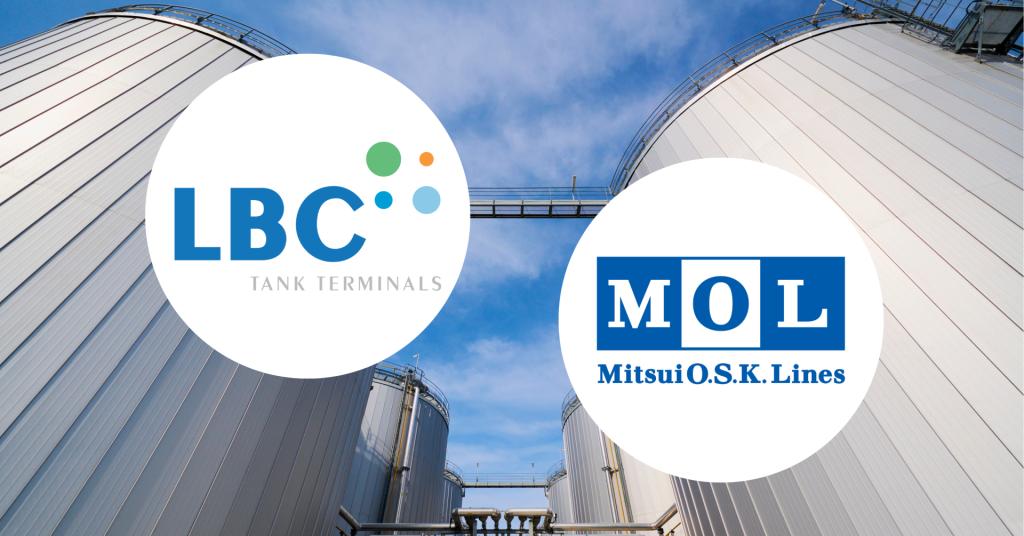
MOL completes acquisition of LBC Tank Terminals, aims to establish “Total Chemical Logistics” structure
商船三井、LBCタンクターミナルズの買収完了 「トータル・ケミカル・ロジスティクス」体制を構築へ。
Mitsui O.S.K. Lines (MOL) and LBC Tank Terminals announced that, as of June 30, MOL has acquired all shares in LBC Tank Terminals, making MOL the sole shareholder of the company. MOL owns MOL Chemical Tankers (MOLCT), which operates a fleet of over 100 chemical tankers — the largest in the world — based in Singapore. MOL CEO Takeshi Hashimoto has described the company’s business strategy as follows (continued in full text).
Key points of the article:
→ Through the acquisition of LBC, the MOL Group is shifting from being a “shipping company engaged solely in marine transportation” to becoming a “chemical and energy solution provider offering logistics infrastructure.”
→ This acquisition represents one of MOL’s largest-ever overseas M&A deals. What will the integration of MOLCT and LBC bring in terms of stable revenue sources, decarbonisation, and the adoption of next-generation fuels?

商船三井 LBCタンクターミナルズの買収完了 「トータル・ケミカル・ロジスティクス」体制を構築へ
商船三井とLBCタンクターミナルズは6月30日付で商船三井がLBCタンクターミナルズの全株式を取得し、LBCの100%株主となったと発表した。商船三井はシンガポールに世界最大の100隻超のケミカルタンカーを運航するMOLケミカルタンカーズ(MOLCT)を保有する。商船三井の橋本剛(Takeshi Hashimoto)CEOは同社の事業戦略を語る上で (続きは本文をお読みください)
この記事のポイント
→商船三井グループは今回のLBC買収によりケミカル輸送分野で「海上輸送事業だけを行う海運会社」から「物流インフラを提供する化学品・エネルギーソリューション企業」になる。
→商船三井は今回、同社として過去最大級の海外M&Aを実施。LBC買収によるMOLCTとLBCの連携、安定収益源の創出、脱炭素対応、次世代燃料で目指すものとは何か。

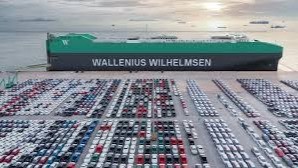
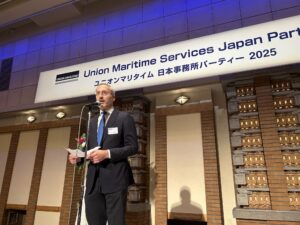

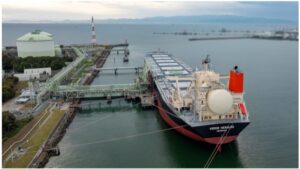
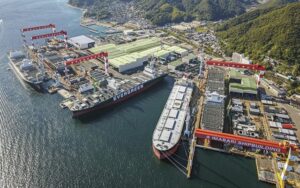
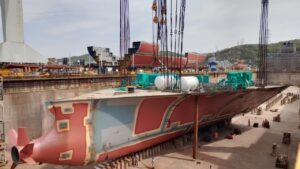
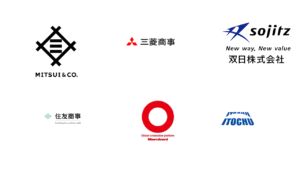
コメント